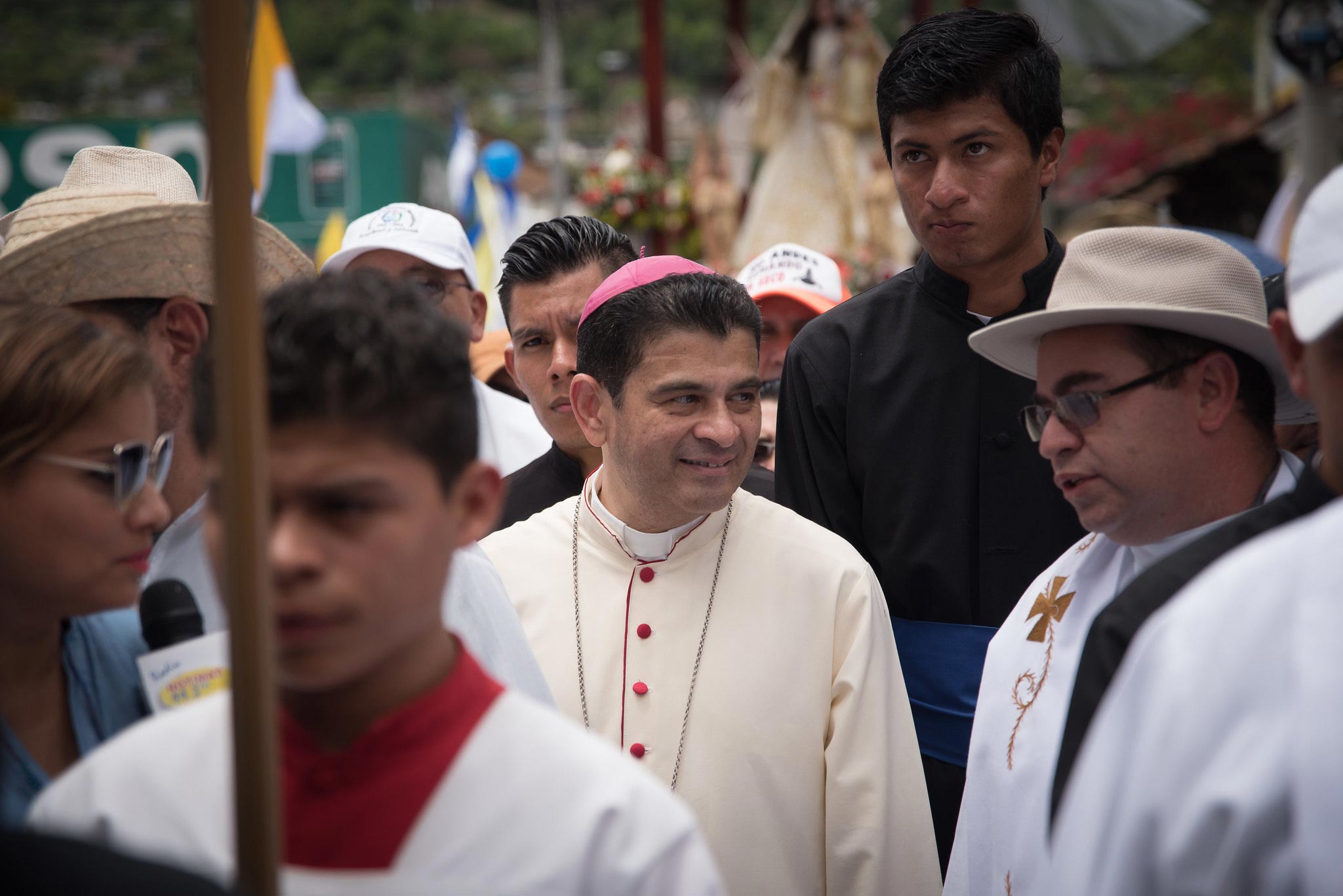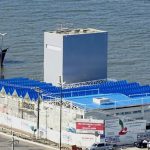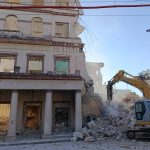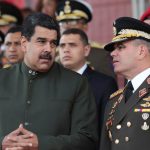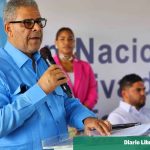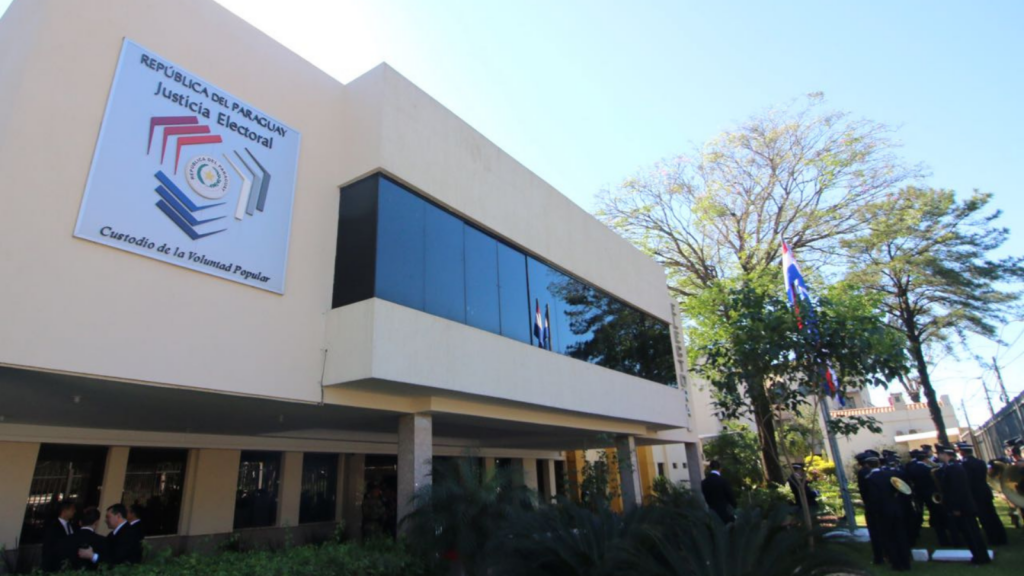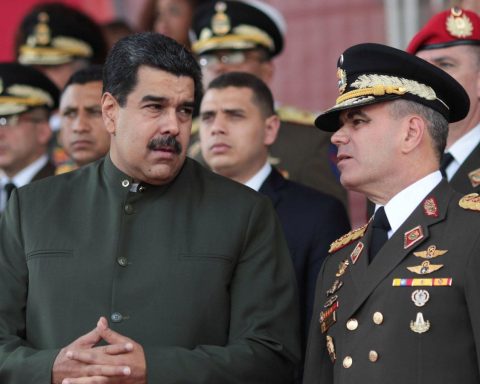Monsignor Rolando Álvarez, Bishop of the Diocese of Matagalpa, has one of the most recognized voices in Nicaragua. It is not because of his sharp and strong tone that every Sunday resounds on the walls of the cathedral of his Diocese, but because of his prophetic and pastoral messages that characterize him, and with which he has earned the affection and respect of his parishioners, and also It has cost him to make the regime of Daniel Ortega and Rosario Murillo uncomfortable, which harasses and threatens him.
In the eleven years that he has been bishop, Monsignor Álvarez’s voice has been raised in favor of the peasants who opposed mining extraction in Rancho Grande; of victims of police abuse, such as the case of peasant Juan Lanzas, who lost both legs after being beaten and ill-treated in prison. His voice was also heard along with those of the bishops of the Nicaraguan Episcopal Conference (CEN) who mediated in the National Dialogue triggered by the April 2018 protests. And his response “Respect the homeland” went viral, when they tried to question him their solidarity with the victims of official repression.
On May 19, the bishop of Matagalpa and also apostolic administrator of the Diocese of Estelí, denounced a strong police siege that ended with the intrusion of National Police officers, controlled by the regime of Daniel Ortega, in the home of a relative. Faced with this lack, the monsignor began an indefinite fast on water, serum and prayer in Managua.
The regime’s response was to order a siege and police surveillance against him, until five days later the bishop managed to return to Matagalpa guarded by a contingent of at least 15 patrols.
He did not aspire to be bishop
The life of Monsignor Álvarez, the youngest bishop of the CEN at 55 years of age, is full of nuances. In his youth, he escaped the compulsory military service of the eighties and abandoned a carnal love to give his life to the priesthood, without imagining or aspiring that one day, not far from his pastoral path, he would be consecrated as a bishop.
“In 1983 I entered the seminary and one day I saw a young man arrive to take refuge in this training center, he was fleeing the Sandinista persecution, he was the boy who coordinated the Catholic youth groups at the national level. He knew who years later would be Monsignor Rolando Álvarez,” shares Father Edwin Román, who is in exile.
Father Román did not see the young Rolando Álvarez again because some time later he went with his family to Guatemala, where he finished high school and became a seminarian, after considering for a year if this was his true vocation. Monsignor Álvarez was ordained a priest in 1994, when he was already back in Nicaragua. Seventeen years later he was consecrated as bishop.
“I never expected to be a bishop, I always thought I would be an intimate and close collaborator with the bishops, those who were my bishops, and dedicate myself with my life and heart to this pastoral work, but as a priest,” said the prelate. to the Catholic channel Diocese Media de Matagalpa, when he completed his first five years as bishop.
At that time, Monsignor Álvarez was already a priest of the Francisco de Asís church in Managua, and he also served as secretary of the media department of the CEN, which years later would mark his interest in the media, and assistant secretary of the Episcopate Secretariat of Central America.
According to what he told Magazine magazine, Pope Benedict XVI, who appointed him the ninth bishop of Matagalpa, after a year with the post empty, offered to consecrate him in Rome, but he refused because he wanted to be elevated to bishop in Nicaragua, his homeland. , along with his family and those who he appreciated and respected the most at the time, such as Cardinal Miguel Obando y Bravo, who participated in the ordination ceremony.
Photo: Confidential | File, Archive.
The beginning of the bishopric
The day Monsignor Rolando Álvarez was consecrated, in Matagalpa, the parishioners received him amid applause, chimbombas, gunpowder and jubilation for the good news. According to a journalistic note from La Prensa, the farewell to Managua was brief. A few faithful came to his parish to say goodbye and, after a few hugs and tears, he moved in a caravan to his new home.
However, on the way to Matagalpa, the caravan stopped several times, because hundreds of faithful came to the side of the road to greet him with great joy.
“People overflowed the streets. Some even cried. The schools brought out their musical bands. Several businesses changed their advertising reggaeton songs to the Virgin. The houses where he passed were adorned with images of the Virgin Mary, John Paul II and the new bishop,” described a chronicle in the newspaper La Prensa. Later, in the cathedral, space was needed for the crowd that wanted to enter and had to watch the ordination rite from giant screens that were installed outside.
The support that Monsignor Álvarez received that day was hardly a prelude to the affection that years later the bishop would win in the hearts of the parishioners of that department, which he calls his home. “I already feel like a true northerner of those who walk in the city or of those who ride horses or of those who sing rancheras,” he said in his first bishop’s message.
The missionary bishop and dancer
Monsignor Álvarez is one of the bishops who interacts the most with his community. He has been seen crossing rivers on small rafts or on horseback, climbing mountains on foot or by mule to reach the most remote places in Matagalpa, where he is received by crowds who take advantage of the occasion to get married, baptize their children, perform communions and other religious activities that end in celebration.
“It is a life project to visit all the faithful in their own places, in their own homes, communities, it is a personal pastoral project and that of the Diocese and also a long historical tradition that comes and proceeds from the first bishop,” he said. monsignor, who from the beginning of his bishopric proposed to reach the more than 400 communities of the department.
The bishop has also been seen preaching on board buses or dancing without any consideration among young people, breaking piñatas in honor of his birthday, mopping the church or shopping in a supermarket like any other citizen.
The political voice of Monsignor
The public life of Monsignor Rolando Álvarez is marked by his social and political reflections that are so necessary in a troubled country like Nicaragua. The prelate has been heard raising his voice for human rights violations, against the peasantry, and his criticism at one point has had national repercussions.
In 2015, when he denounced extractivism in the Rancho Grande area, he got the Ortega government to declare mining exploitation in this municipality non-viable. Likewise, he joined the complaint about the vulnerable health condition of peasant Juan Lanzas, who was beaten by police officers and due to those bruises he lost both legs.

Photo: Confidential | Episcopal Conference of Nicaragua.
During the first attempt at a National Dialogue in the face of the April Rebellion and the Ortega massacre, in 2018, Álvarez was the main moderator of the failed negotiation, and his voice was heard by both parties, although the regime did not comply with the agreements and left the table without ending the repression.
Since 2018, his homilies have been characterized by his prophetic voice with which he reflects on the direction of the country, the misfortunes that afflict the population, the victims of human rights violations, his call for dialogue and not to be indifferent to the situation Social.
“A hopeless people is a people buried in life, a people that hates destroys itself, a people with fear is paralyzed, and a people indifferent to the problems, to the crisis, to the suffering of others, is a people that lets others fix the problems,” he said in one of his homilies.
The bishop was one of the priests that the Ortega regime vetoed from the second negotiating table of 2019, when another dialogue between the Government and civil society was attempted, in which the CEN bishops participated as companions and witnesses, together with the Apostolic Nuncio. In parallel, the regime launched a hate campaign against the “most uncomfortable” religious: Monsignor Álvarez, Monsignor Silvio Báez (currently exiled) and Monsignor Abelardo Mata (today Bishop Emeritus of Estelí).
In the last four years, Monsignor Álvarez has been the target of hate campaigns by Sandinista sympathizers who accuse him of being an accomplice in the alleged “coup d’état.” He has also been harassed by the police and by paramilitaries. They have also attacked the facilities of the cathedral and in April one of the collaborators of the Diocese was attacked.
“Do not do to the faithful what you want to do to me. What you want to do with me, if you are going to do it, do it with me and not with the faithful, not with the holy people of God, I tell you clearly and simply”, said the bishop after denouncing the attack on one of his reading ministers.

Photo: Confidential | File, Archive.
Fasting and prayer in the face of repression
The siege and police surveillance against Monsignor Rolando Álvarez was increased on May 19. That day, at about 9:00 pm, the prelate reported through a video his decision to remain in Managua, after a long day of harassment.
“Today (Thursday) I have been persecuted throughout the day by the Sandinista Police, from morning until late at night. At all times, during all my movements of the day”, he began by recounting in a video posted on the Facebook page of the Diocese of Matagalpa.
As he described, when he was at the house of a niece, at the end of the afternoon, he approached the officers and questioned why they were chasing him and they replied that “they obey orders.” Minutes later, officers entered the home. Consequently, the bishop moved to the capital and the following days, the Santo Cristo de Esquipulas church, where he took refuge, remained guarded by the four corners. Surveillance was heightened to the point that not even two priests could accompany him to his Sunday mass.
“To that son of a b… don’t let him pass,” replied one of the policemen when another asked if they were allowed to pass. The day after that event, the bishop was escorted to his diocese, where he now remains under surveillance. However, the bishop tries to continue his episcopal work by celebrating the sacraments and visiting the communities. With his religious messages, Monsignor Álvarez’s voice is a prophetic voice that he does not silence.
